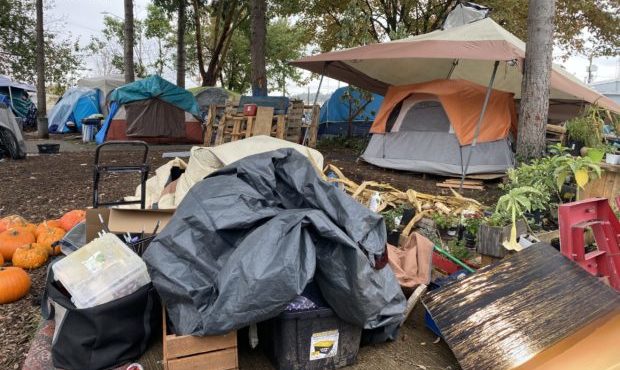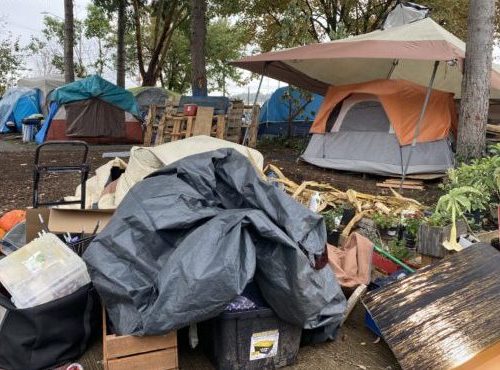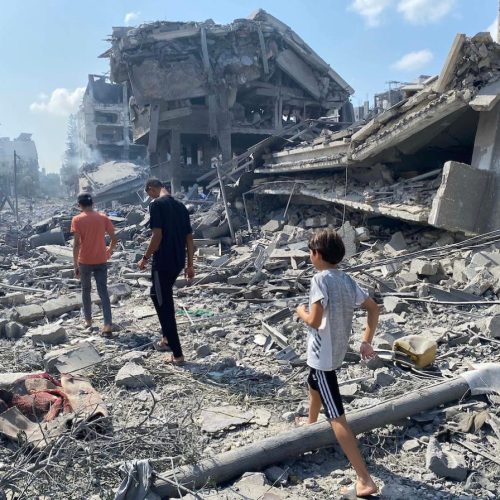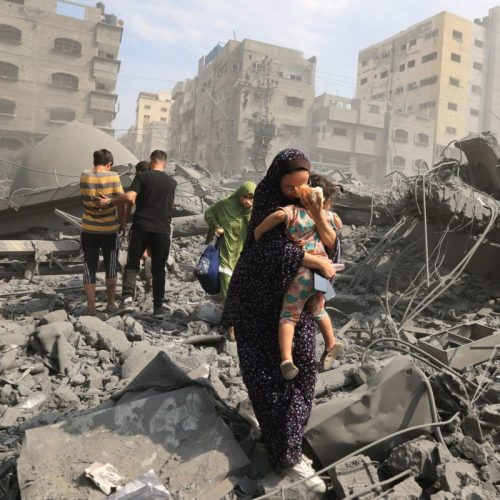April 10, 2024
Climate mortality: From rural Indian Women to Seattle’s homeless men

The climate crisis creates a tragic reality across the globe: women in India are succumbing to extreme heat, while homeless individuals, predominantly men, in Seattle are dying from extreme cold.
Rohini Krishnamurthy, in the Indian Down to Earth magazine, sheds light on a troubling gender disparity in India coping with extreme temperatures. Since 2005, there has been a concerning rise in heat-related deaths among women, highlighting their heightened vulnerability compared to men. Despite efforts to analyze available data, the lack of standardized reporting methods and granular data pose significant challenges in understanding and addressing this issue. Factors such as socioeconomic conditions, cultural norms, and limited access to cooling agencies contribute to women’s increased susceptibility. The findings emphasize the urgent need for more comprehensive datasets and tailored interventions to mitigate the impact of extreme heat on women in India and other regions of the Global South.
Bill Kaczaraba, on the other side of the globe, writing in MyNorthwest, describes the heartbreaking situation in Seattle as at least five homeless individuals have died due to extreme cold in just one week. Despite the activation of severe weather shelters, hundreds of people continue to endure the bitter cold on the streets. These deaths underscore the urgent need for increased efforts to protect the homeless population during harsh weather conditions. While shelters and support services have been mobilized, the tragic loss of lives highlights the persistent challenges in ensuring adequate care and shelter for those experiencing homelessness.
In both cases, these tragedies underscore broader issues of social inequity, inadequate infrastructure, and the urgent need for targeted interventions to protect vulnerable populations from the ravages of extreme weather conditions. As we grapple with the impacts of climate change and socioeconomic disparities, it is imperative to prioritize the health and well-being of all individuals, regardless of gender or housing status.
https://mynorthwest.com/3947079/official-5-homeless-people-died-in-seattle-during-extreme-cold-snap/




